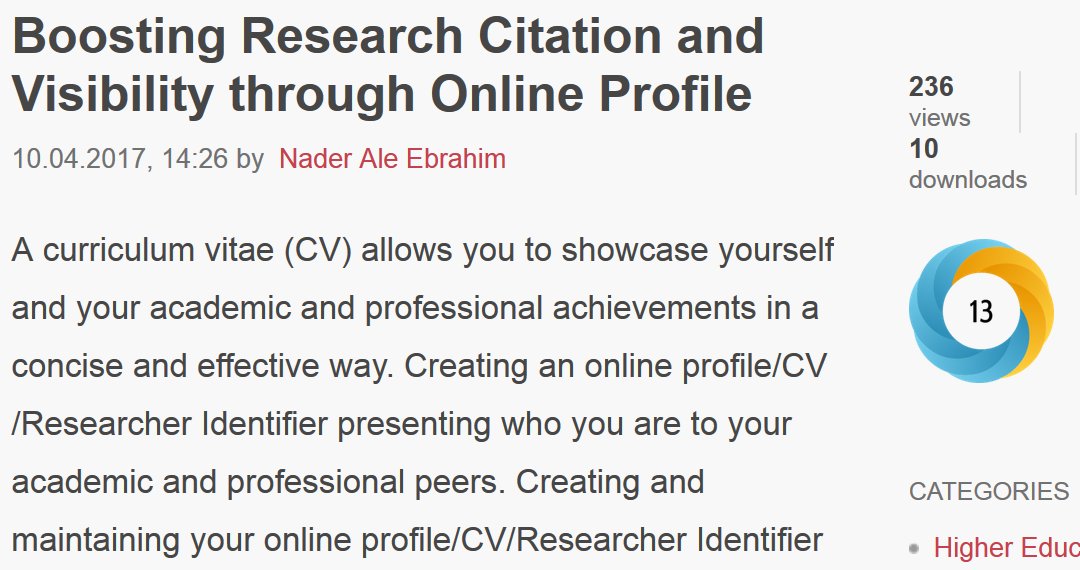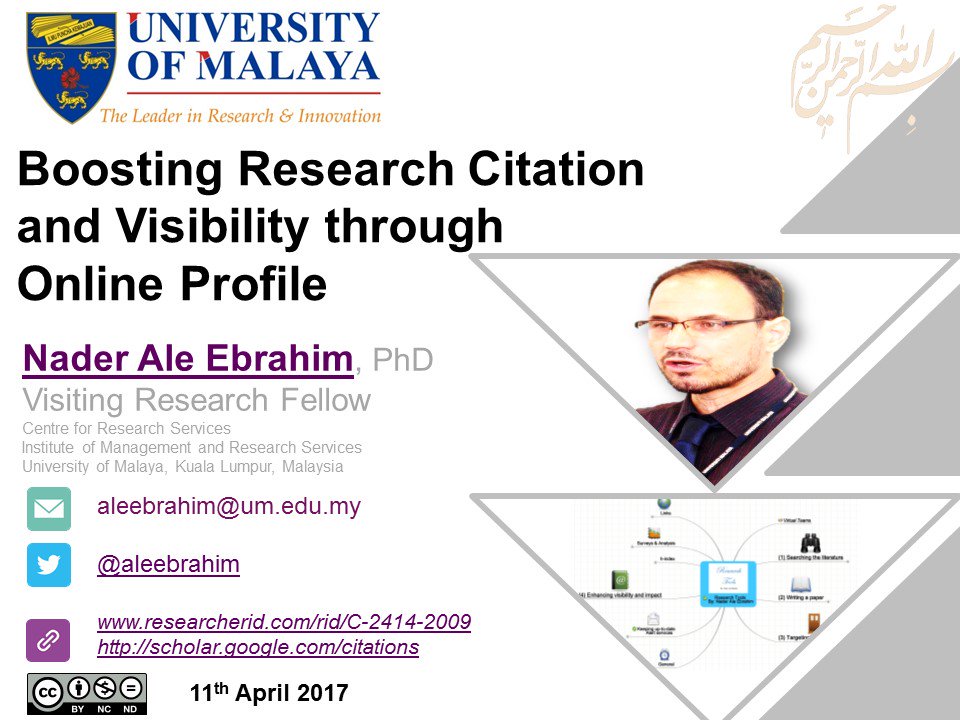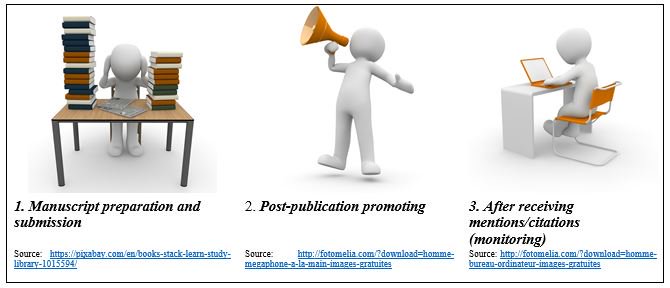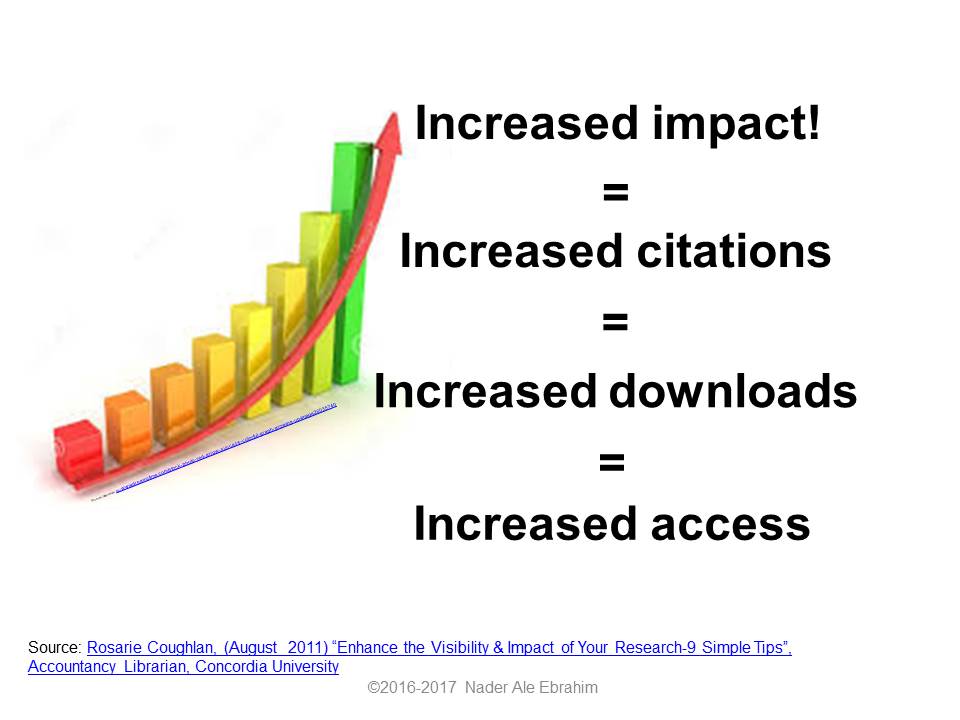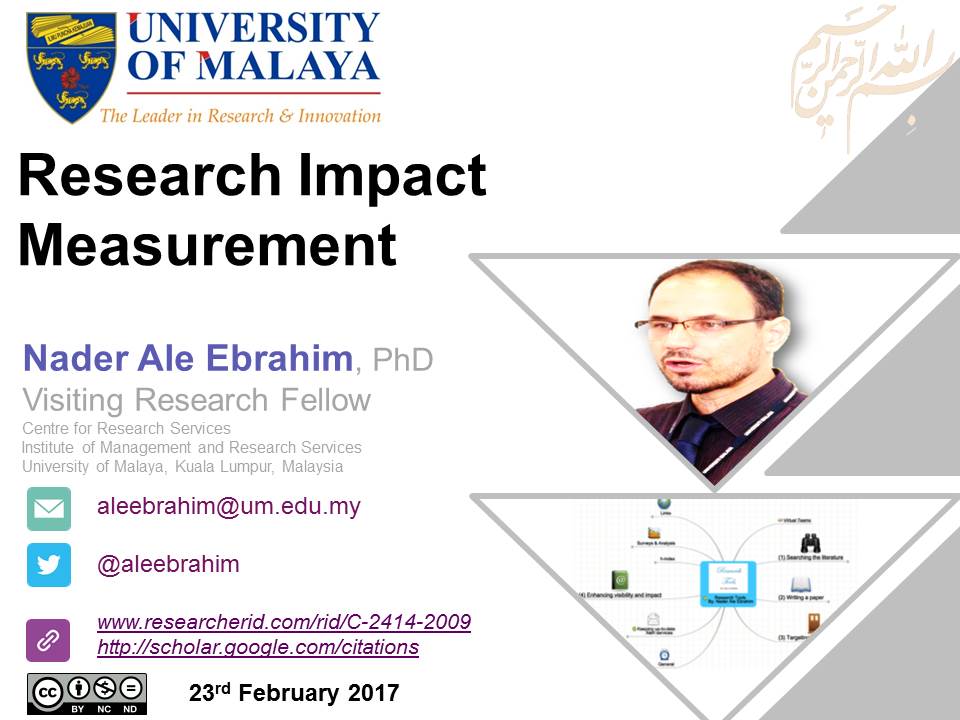Source: ht
tps://opus.lib.uts.edu.au/handle/10453/80246
Abstract: Context:
Many organisations are increasingly developing virtual teams to work on
their global projects. By definition, a virtual team is a group of
geographically scattered persons collaborating to accomplish a project
or an organisational task. Managing virtual project teams is more
complex than managing traditional projects. Many engineers seeking
successful managerial and leadership positions in their career opt for
postgraduate degrees in engineering management to update their knowledge
and skills and foster their managerial skills.
Purpose: This
paper examines weather current curriculum and learning strategies in a
postgraduate engineering management program provides students with the
necessary skills to operate in virtual teams.
Approach: The
research identifies the skills required for managing virtual teams
working on engineering projects. By way of an exploratory example only,
this research also analyses subject outlines and claimed outcomes of a
postgraduate engineering management program to detect weather the
program provides students with knowledge and skills needed for working
and managing virtual teams. This paper represents a preliminary study
for ongoing research that is being designed to answer this research
question in a more rigorous and scholarly manner.
Results: It
was found that the program equips engineers with updated necessary
knowledge, skills, methodologies, techniques, and tools to effectively
manage engineering projects across a wide range of industries. Students
of the program would also develop soft skills including communication
which is of particular importance for virtual projects. The program
included practice based strategies such as discussions, role-plays,
presentations, and teamwork activities where students are heavily
exposed to the "online" world to share and exchange information. The
assignments are designed to ensure that student's clear and concise
writing and presentation skills are developed, which is highly desired
in virtual settings given the high probability of misinterpretation of
messages.
Conclusions: The program was found to recognise the
changing nature of project management, and has adopted adequate learning
strategies that provide students with the opportunity to develop the
skills required to overcome the communication, technology and leadership
issues arising from working in virtual teams. The research has
highlighted the importance of adopting innovative learning strategies in
universities in order to develop successful learning outcomes for
individuals.
To cite this article: Tawk,
Tarek; Al-Kilidar, Hiyam and Bagia, Ravindra. Skills for managing
virtual projects: Are they gained through graduate project management
programs? [online]. In: 27th Annual Conference of the Australasian Association for Engineering Education : AAEE 2016. Lismore, NSW: Southern Cross University, 2016: 20-29.
Availability:
<http://search.informit.com.au/documentSummary;dn=678890752018114;res=IELENG>
ISBN: 9780994152039.
[cited 14 Apr 17].
27th Annual Conference of the Australasian Association for Engineering Education : AAEE 2016 - Skills for managing virtual projects: Are they gained through graduate project management programs? (Engineering Collection) - Informit





